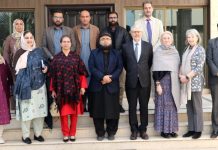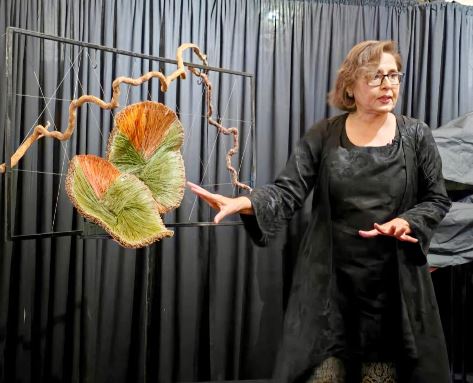The foreign policy format of trilateral cooperation among Azerbaijan, Russia and Turkey, which was initiated by Baku, continued in the form of interaction among think tanks, Head of the Expert Council of the Baku Network, PhD Elkhan Alasgarov told.Alasgarov was commenting on the results of the recent forum of cooperation among Turkey, Russia and Azerbaijan in the field of energy and transport.“The format of the Russia-Turkey-Azerbaijan cooperation has a positive effect on the situation in the South Caucasus and Central Asia,” he said.
“The cooperation among Azerbaijan, Turkey and Russia, especially over the past 20 years, has increased the level of interconnection in the energy and transport sectors in the region,” Alasgarov said. “An important element of cooperation is ensuring the security of Azerbaijan’s transport and energy projects, intensifying the joint efforts of Russia and Turkey to resolve existing conflicts and create an atmosphere of peace and prosperity in the region. Accordingly, this format should be also developed to address challenges to the interstate cooperation.”
While speaking about the fact that the projects being implemented by three countries contribute to the economic cooperation of the western and eastern countries, as well as the northern and southern countries, he stressed that Azerbaijan has turned into a hub for the development of economic relations in these two directions.
“Representative of the Turkish Foreign Ministry Zafer Ates said at the forum that the projects being implemented by Turkey with Russia and Azerbaijan contribute to the economic rapprochement between the western and eastern countries,” Alasgarov added.
Ates stressed that Ankara takes joint projects as steps aimed at creating “economic corridors”.
“The Turkish diplomat drew attention to the fact that the initiatives in the energy and transport spheres should be perceived through the international cooperation as all regional countries get the economic and political benefit as a result of the creation of these ‘corridors’,” Alasgarov added.
“In turn, RUSEN director Salih Yilmaz emphasized the importance of the joint steps of Turkey, Azerbaijan and Russia to expand the participation of the Caspian countries in regional and global politics,” he said.
“The report entitled ‘Russia-Turkey-Azerbaijan: prospects for regional cooperation’ and delivered by Amur Hajiyev, director of the Modern Turkey Study Center, research fellow at the Institute of Oriental Studies of the Russian Academy of Sciences, was also interesting,” he said.
“In his speech, Russian Turkologist Faridun Usmanov described the transition of the three countries ‘from competition to cooperation’,” he added.
Alasgarov stressed that similar events are planned to be held in Azerbaijan and Russia.
The forum of cooperation among Turkey, Russia and Azerbaijan in the field of energy and transport was held at Yildirim Beyazit University in Ankara on August 21, 2019. It was held with the support of the Presidential Grants Foundation. The Modern Turkey Study Center in Moscow, the Turkish Institute for Russian Studies (RUSEN) and the Expert Council of Baku Network were the event organizers.
The forum was initiated by the think tanks of Russia and Turkey with the active participation and co-chairmanship of the Baku Network.
The representatives of the expert community of the three countries attended the forum and discussed the ways to intensify regional cooperation and solve problems in the energy and transport sectors.
The Azerbaijani side was represented by Head of the Expert Council of the Baku Network Elkhan Alasgarov, Head of the Center for International Relations Analysis Javid Valiyev, Head of the Caspian Expert Club Gulnara Mammadzade and Representative of IRAM Center (Center of Iranian Studies in Ankara) Kenan Aslanli.











